Introduction
Pregnancy is a transformative journey where a baby develops within a woman’s uterus. This period involves significant physical and emotional changes. This guide provides a clear overview of pregnancy, including its stages, common symptoms, and essential tips for maintaining a healthy pregnancy.

Table of Contents
Stages of Pregnancy
Pregnancy is divided into three trimesters:
1. First Trimester (Weeks 1-12):
– Early Changes: Conception occurs with fertilization and implantation of the embryo in the uterus.
– Development: Major organs and systems begin forming. By the end of this trimester, the embryo becomes a fetus.
– Symptoms: Nausea (morning sickness), fatigue, breast tenderness, and frequent urination.
2. Second Trimester (Weeks 13-26):
– Growth: The fetus grows rapidly, and organs continue developing. Gender may be visible on ultrasound.
– Symptoms: Improved symptoms compared to the first trimester, with a noticeable baby bump, increased energy, and reduced nausea. Possible back pain and leg cramps.
3. Third Trimester (Weeks 27-40):
– Final Development: The fetus gains weight and prepares for birth. Movements become more noticeable.
– Symptoms: Increased fatigue, difficulty sleeping, frequent urination, and Braxton Hicks contractions. Swelling in legs and feet may occur.
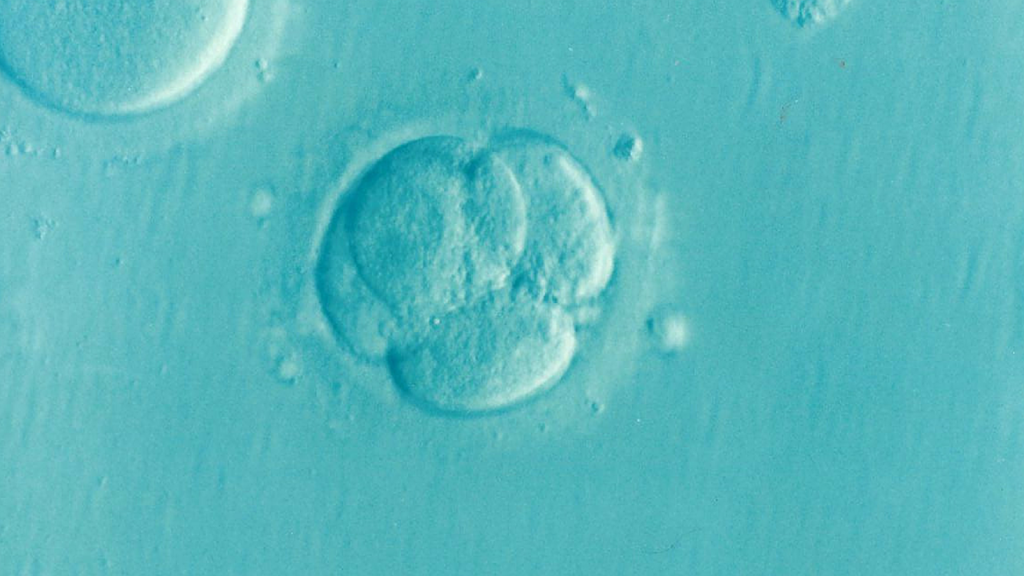
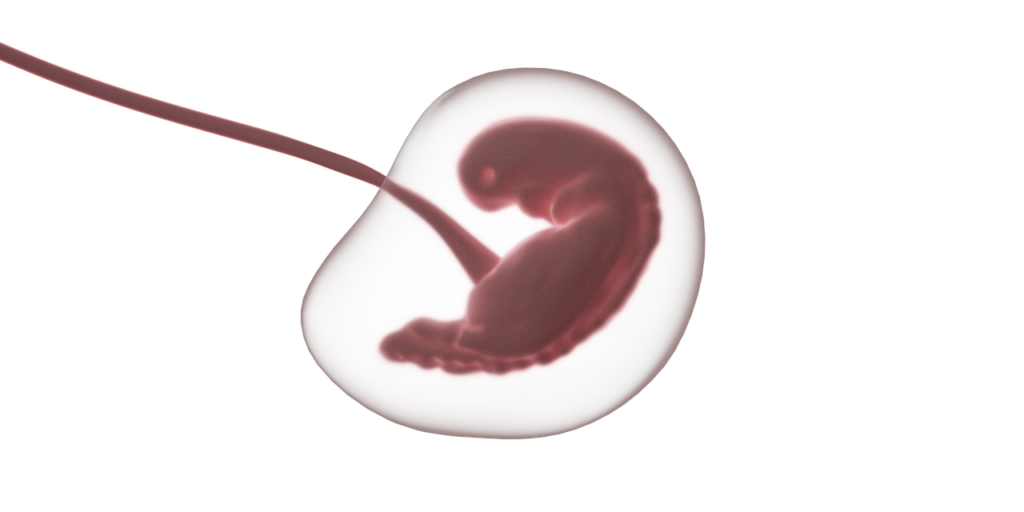

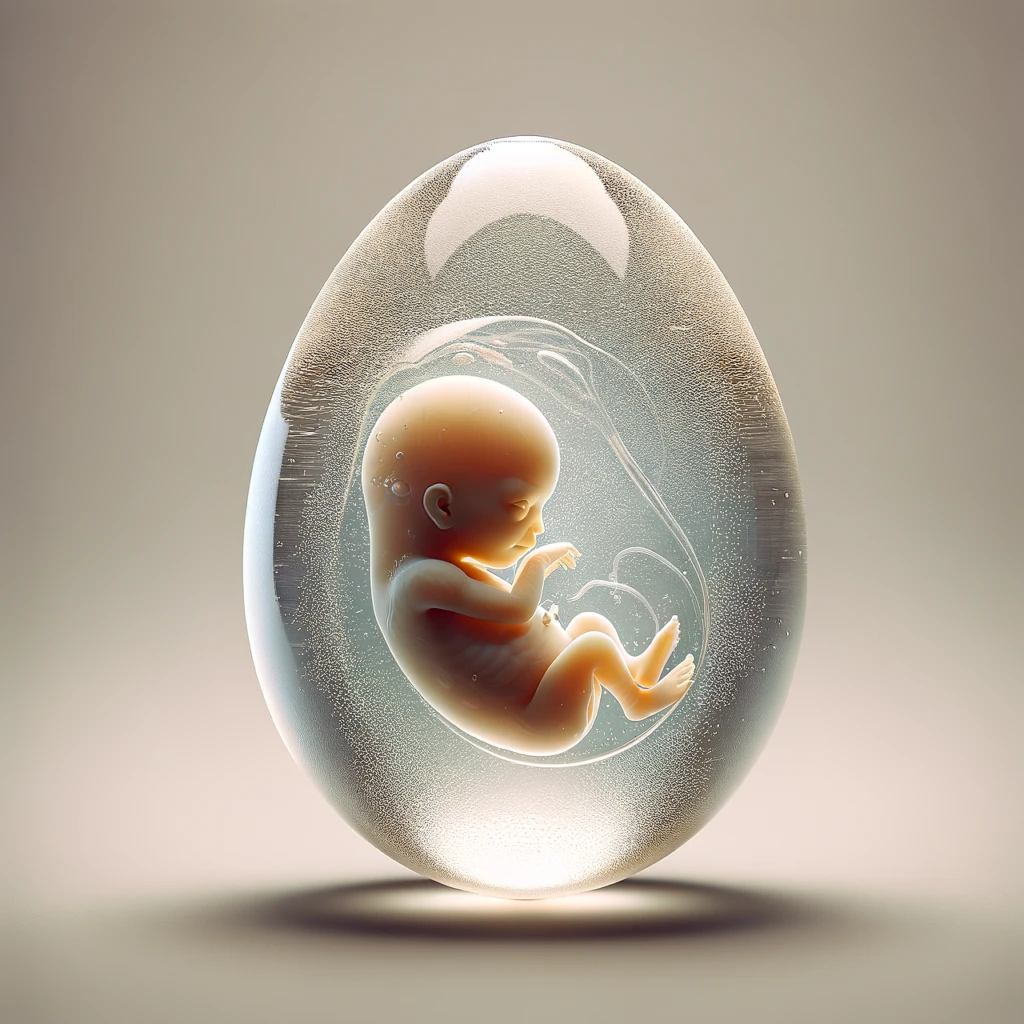
Common Pregnancy Symptoms
1. Morning Sickness:
– Description: Nausea and vomiting, especially in the first trimester but can occur at any time.
– Cause: Hormonal changes, particularly increased hCG and estrogen.
– Management: Eat small, frequent meals and avoid strong smells. Ginger or peppermint may help.
2. Fatigue:
– Description: Extreme tiredness, common in the first and third trimesters.
– Cause: Increased energy demands and hormonal changes.
– Management: Prioritize rest and maintain a balanced diet. Get adequate sleep.
3. Breast Changes:
– Description: Tender, swollen breasts and darkened areolas.
– Cause: Hormonal fluctuations.
– Management: Wear a supportive bra and consider breast pads for leakage.
4. Frequent Urination:
– Description: Increased need to urinate, especially in the first and third trimesters.
– Cause: Pressure from the growing uterus and increased kidney function.
– Management: Stay hydrated but limit fluids before bed. Practice pelvic floor exercises.
5. Mood Swings:
– Description: Emotional changes such as irritability or heightened emotions.
– Cause: Hormonal fluctuations and physical stress.
– Management: Use relaxation techniques and communicate with your support network.
6. Cravings and Aversions:
– Description: Strong cravings or aversions to certain foods.
– Cause: Hormonal changes and nutritional needs.
– Management: Eat a balanced diet and satisfy cravings healthily.
7. Back Pain:
– Description: Lower back pain as pregnancy progresses.
– Cause: Shifting center of gravity and loose ligaments.
– Management: Maintain good posture, exercise regularly, and use supportive pillows.
8. Swelling:
– Description: Mild swelling in legs, ankles, and feet.
– Cause: Increased blood volume and pressure from the uterus.
– Management: Elevate legs, wear comfortable shoes, and avoid standing for long periods.
9. Shortness of Breath:
– Description: Difficulty breathing, especially later in pregnancy.
– Cause: Pressure from the growing uterus on the diaphragm.
– Management: Practice deep-breathing exercises and avoid strenuous activities.
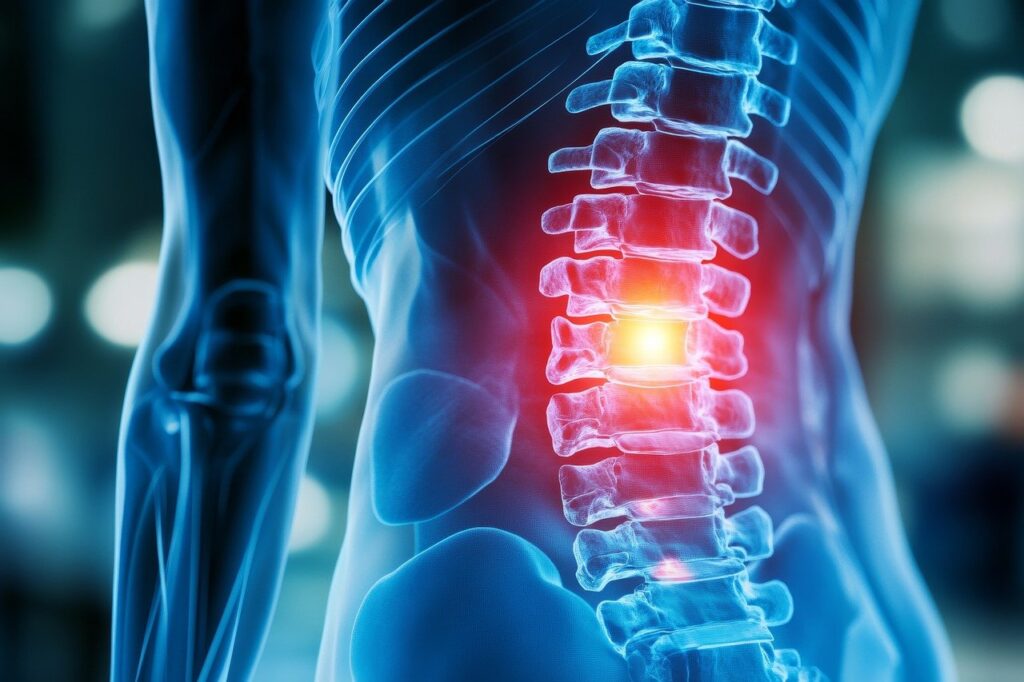

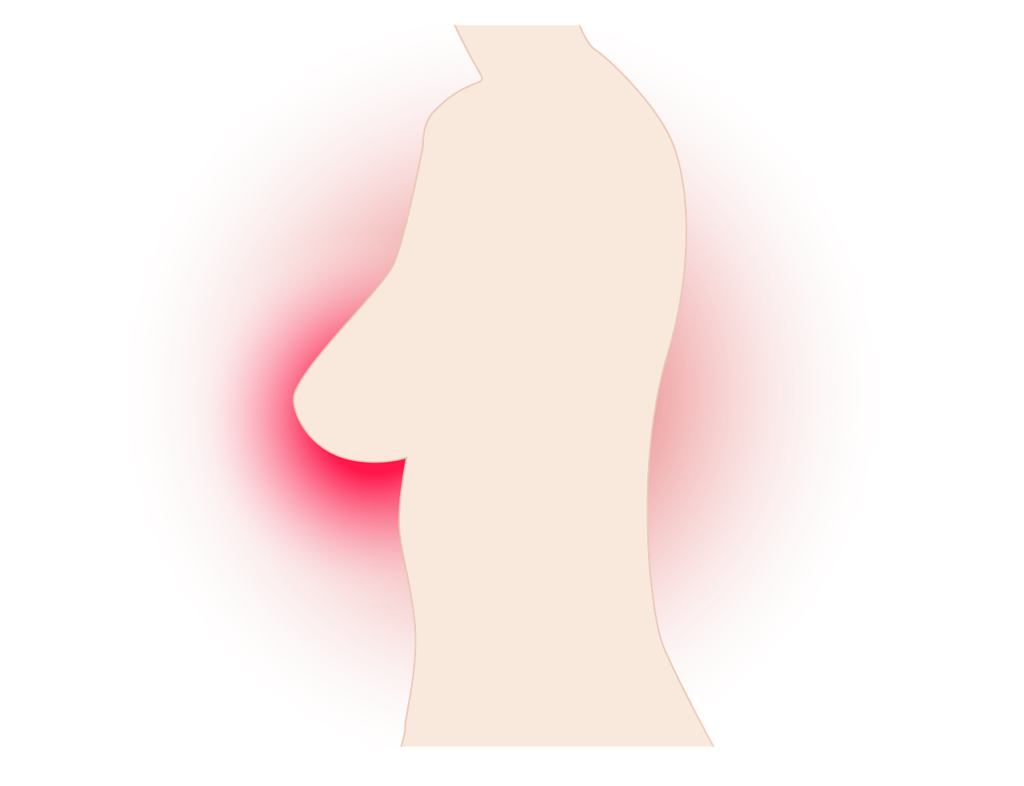

Essential Tips for a Healthy Pregnancy
1. Prenatal Care: Regular check-ups are crucial for monitoring the health of both mother and baby. These visits help track development and address concerns.
2. Healthy Diet: Consume a balanced diet rich in fruits, vegetables, lean proteins, and whole grains. Include folic acid, iron, and calcium.
3. Exercise: Engage in moderate exercise like walking or swimming. Consult your healthcare provider before starting new exercises.
4. Hydration: Drink plenty of water to stay hydrated.
5. Avoid Harmful Substances: Refrain from alcohol, tobacco, and recreational drugs. Limit caffeine and consult your provider about medications.
6. Rest and Relaxation: Get adequate sleep and practice stress-reduction techniques like yoga or meditation.
7. Birth Plan: Discuss and prepare a birth plan with your healthcare provider to outline preferences for labor and delivery.
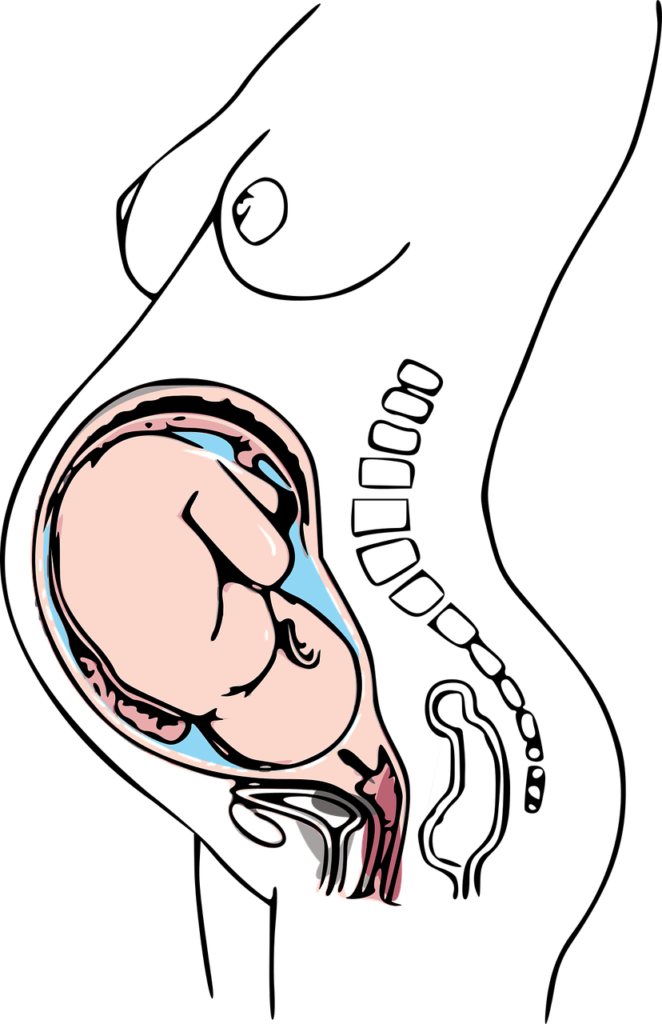
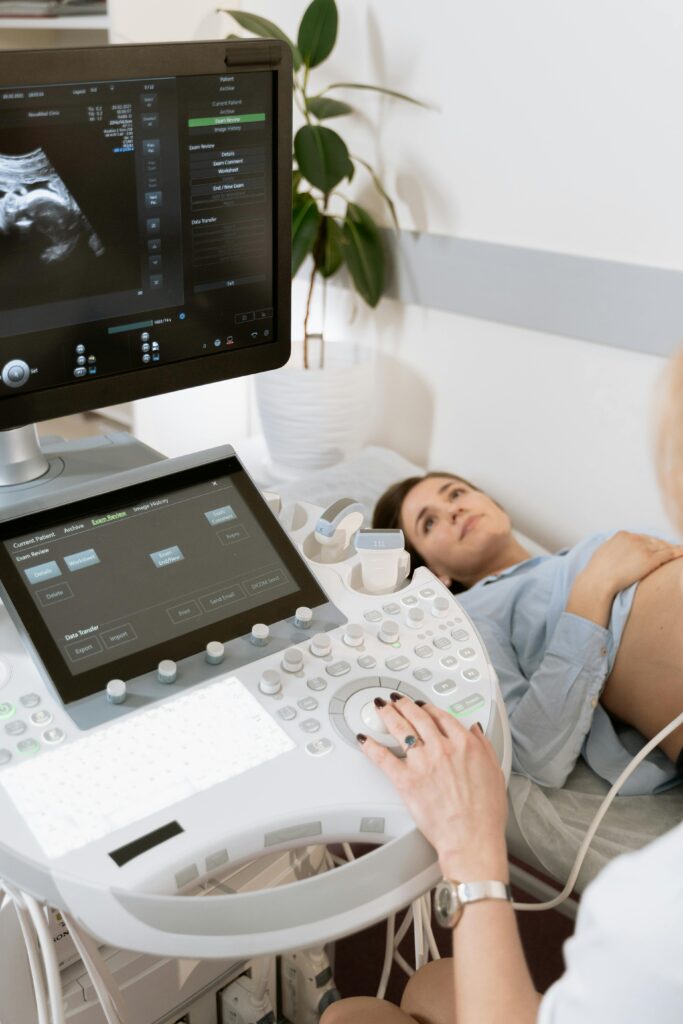

Conclusion
Pregnancy involves various changes and symptoms, impacting each woman differently. Understanding these symptoms and following essential health tips can help manage the journey effectively. Regular prenatal care and a healthy lifestyle are key to a successful pregnancy and the birth of a healthy baby. At Health Authentica, we provide comprehensive support and information to guide you through every stage of your pregnancy.










1 thought on “3 Stages of Pregnancy: A Complete Guide for Expecting Mothers”